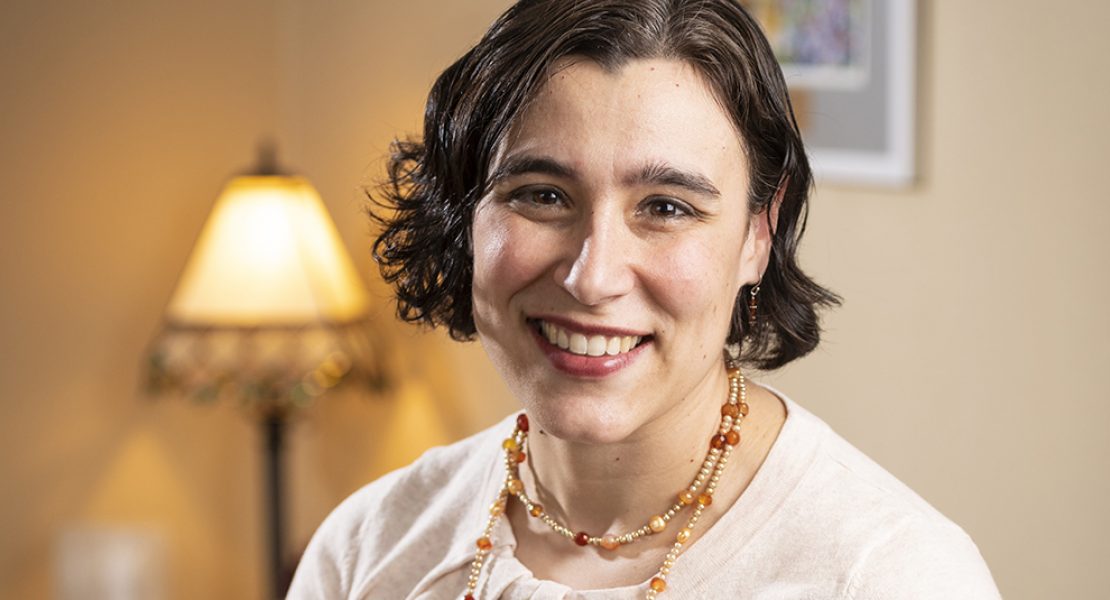Palliative Care 101

Ask your friends or relatives to define “palliative care,” and you’ll probably get one of two answers:
“It’s for pain management.”
“It means the patient is going to die soon.”
Well, neither answer is completely accurate. Palliative care focuses on patients with heart failure, cancer, Parkinson’s disease, and other serious illnesses. Some conditions are life-limiting, others are not. And while some patients eventually transition into hospice care, it’s not an absolute outcome.
“When we first meet with a patient,” says AnnElise Collier, MD, a specialist in palliative medicine with St. Luke’s, “we explain that we’re there to help with issues that can accompany a complex medical situation,” such as the social, emotional, and other physical symptoms that can distress such patients and their families.
And treatment plans include the patient’s feedback as well. “How are you feeling overall? What are your health goals? Are you experiencing any side effects?” are just some of the questions typically posed.
John R. Interrante, MD, another palliative care specialist, says “Patients may also need social or spiritual help. Our team is tuned into numerous community resources, including social workers, chaplains, support groups, and other services. We want to provide what you need.”
The palliative care team often enters at the beginning of treatment. “For example, early-stage cancer therapy usually includes radiation, chemotherapy, surgery—and those can result in serious nausea, sleeplessness, and other quality-of-life conditions that aren’t directly related to the disease,” Dr. Collier says.
But quality-of-life can include time and convenience, as well. Seriously ill patients often must see numerous practices, and the palliative care team can sometimes suggest ways to simplify patient visits. For example, instead of seeing Dr. Smith for this, and Dr. Jones for that, perhaps
Dr. White is qualified to manage both of those areas. And that means fewer trips, fewer co-pays, and more time saved.
Palliative care specialists also consider patients’ other medical conditions. “We might notice that a diabetic with cancer is losing weight because of poor blood sugar control, or eating less than is recommended. In such a case, we would advise the patient’s endocrinologist of the situation,” Dr. Collier says.
Serious diseases can ebb and flow and so can your need for palliative care. “Sometimes, we provide a defined course of treatment and then you ‘graduate’ from our practice. At other times, your condition may be cured—but you’re still experiencing residual symptoms; we can help with that, too. The length of treatment is different for each patient we see,” Dr. Collier says.
And while palliative care is directed mainly toward the here-and-now, these specialists also keep an eye on the future.
Having a living will or an advanced directive is a good idea for everyone, Dr. Collier adds. “Realistically, every one of us is going to die someday. Having these important conversations now can reduce stress in the future,” she says. “We remind patients that an advanced directive is really a gift to their families.”
“If you can’t speak for yourself, these documents will make your voice heard,” adds Dr. Interrante. “And if you have specific wishes, you can spell them out. Remember, too, that it’s not a set of permanent instructions; you can revise and update them as you wish.”
SUCCESS STORY
In 2015, Judith Travers of Bangor had a sudden and unexpected grand mal seizure at home. During hospital treatment, she learned that the seizure was triggered by a walnut-sized brain tumor. There was a mass in her chest as well.
Over the next several years, Judy endured brain surgery, the removal of a portion of her left lung, and repeated courses of radiation and chemotherapy—but it wasn’t enough. Recently, her lung cancer reappeared and metastasized to her chest wall.
“Three weeks after my last surgery,” Judy says, “my painkillers were discontinued. Emotionally, I was practically a basket case—very moody, lots of anxiety and depression. Practically anything could bring me to tears.”
But she turned a major corner when Dr. Collier took on her case.
“I thought I was facing an impossible mess, but I found that Dr. Collier would listen to all areas of my trouble and work on one thing at a time. Her practical solutions for me included a topical medication for nerve pain and an anti-depressant. I never thought I needed that, but my emotions have evened out considerably,” Judy says.
Her experience with palliative medicine helped get other aspects of her life back on track. “Dr. Collier often asked me ‘what’s missing in your life? How can we get back to it?’ With her encouragement, I returned to my former job. It took me 17 months to do it—but I did it!” she beams.
Her job? She’s a belly-dance instructor!















